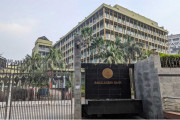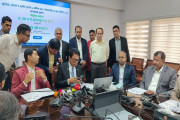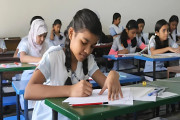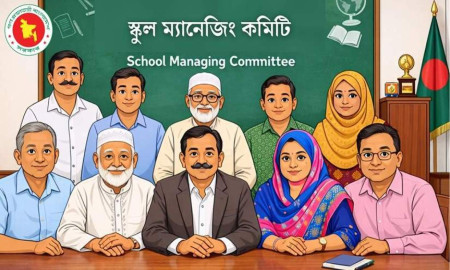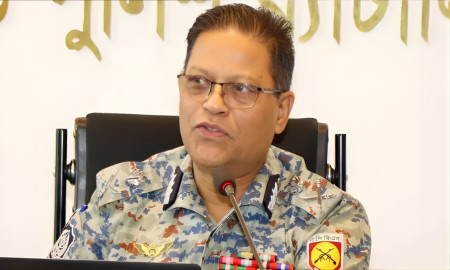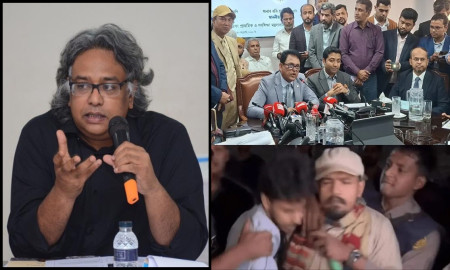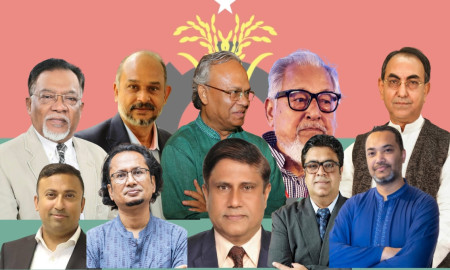Sheikh Hasina gets death penalty over two proven charges: What the judges said in verdict
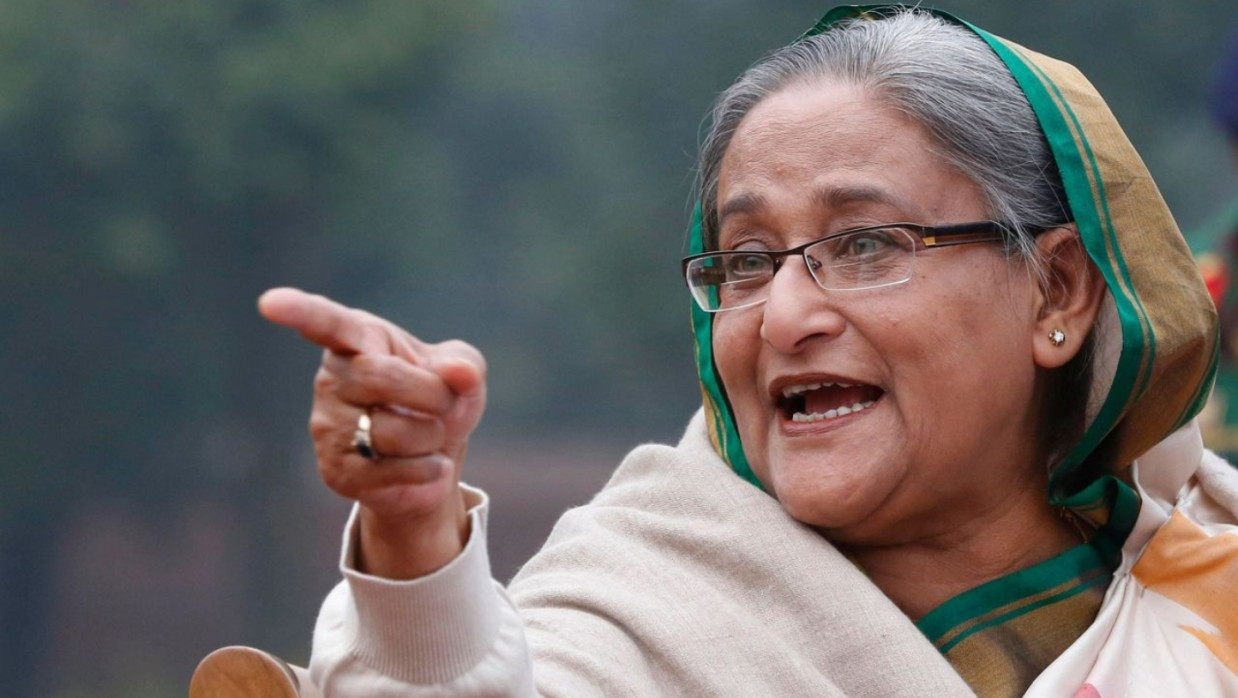
The International Crimes Tribunal (ICT) has sentenced ousted ex Prime Minister Sheikh Hasina to death in a crimes against humanity case over the July-August 2024 mass uprising that led to her government's fall. The three-member bench of Tribunal-1, led by Chairman Justice Md Golam Mortuza Mojumdar, pronounced the verdict at 2:50 pm today Monday (17 November).
Sources said Hasina was awarded death penalty on charges two and three, while life imprisonment was given on charge one. Former Home Minister Asaduzzaman Khan Kamal also received death penalty, but ex-IGP Chowdhury Abdullah Al-Mamun, who turned state witness, was sentenced to five years in jail – a lighter term despite his crimes warranting maximum punishment, due to his cooperation in revealing the truth.
In the detailed 453-page verdict, the tribunal stated that all three accused – Sheikh Hasina, Asaduzzaman Khan Kamal and Chowdhury Abdullah Al-Mamun – have been proven guilty of crimes against humanity. "Sheikh Hasina committed crimes against humanity through incitement, orders and failure to take punitive measures," one judge declared while reading the verdict. The court highlighted Hasina's direct commands to use lethal force, including helicopters and drones, against protesters, resulting in over 1,400 deaths. Evidence also included her provocative speech at Ganabhaban on 14 July 2024, where she used abusive terms like "Razakars" for students, and phone records showing her ordering hangings.
The judges noted: "By such acts, they committed crimes against humanity" under superior command responsibility and joint criminal enterprise. For Mamun, the tribunal said his testimony exposed the chain of command, reducing his sentence despite involvement in the killings.
Five charges against Hasina and the two others A total of five charges were framed against the accused:
- Delivering provocative speech at Ganabhaban press conference on 14 July 2024.
- Ordering extermination of protesters using lethal weapons.
- Killing Begum Rokeya University student Abu Sayeed by shooting in Rangpur on 16 July 2024 (post-mortem report allegedly altered under pressure).
- Killing six protesters by shooting in Dhaka's Chan Kha Pool area on 5 August 2024.
- Ordering burning alive of six persons in Ashulia.
Hasina and Kamal, in exile in India, were tried in absentia – their absence treated as admission of guilt. The live-broadcast verdict has triggered protests, blasts and heightened security in Dhaka, with shoot-at-sight orders in place. Hasina's son Sajeeb Wazed called it a "rigged show trial" and warned of unrest. Under ICT law, appeal is possible only if Hasina surrenders within 30 days.

